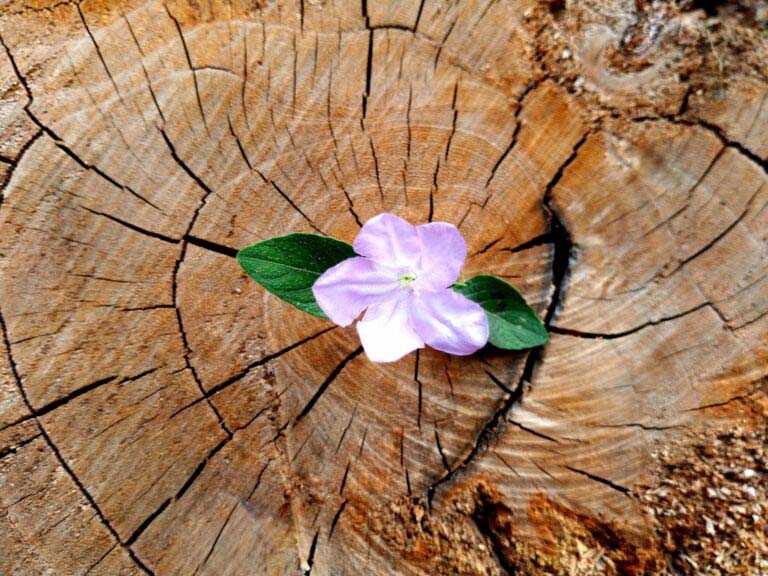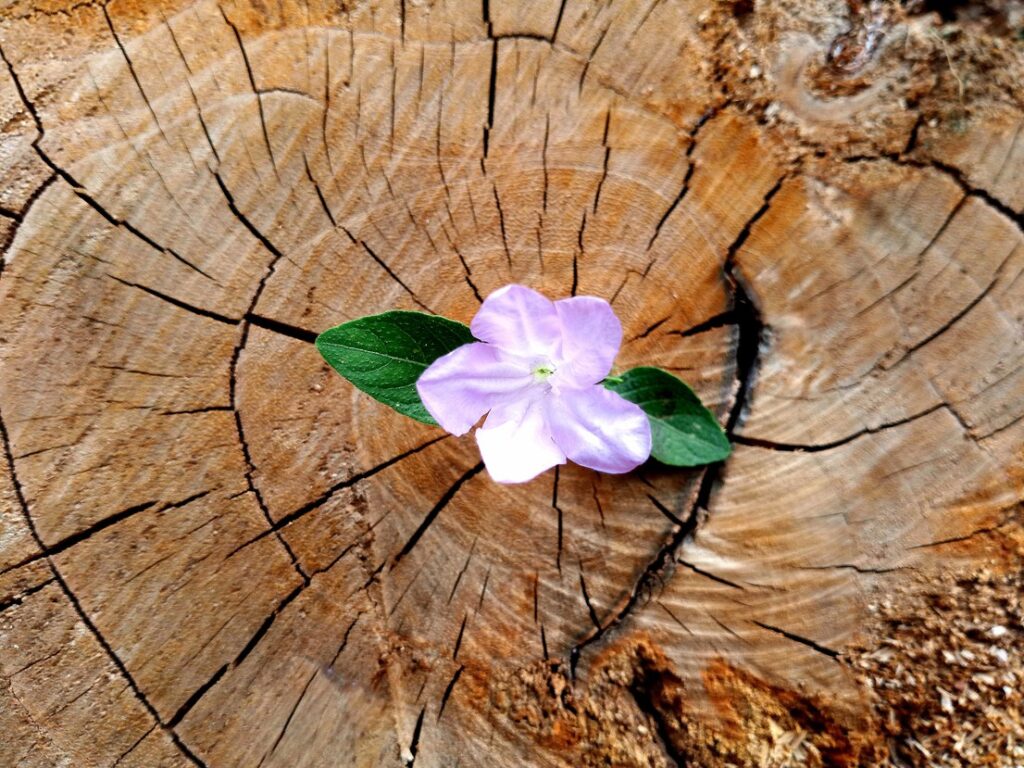Hope, Consciousness and Healing Collective Trauma

Healing collective trauma is a matter of particular importance as we move through and beyond the COVID-19 crisis. Hope and increased awareness will play decisive roles in this healing.

During the era of COVID, people have gotten used to (and fed up with) quite a number of buzzwords. I will certainly never forget the significant number of my clients who have said to me, “If I hear one more reference in the press or on the media to COVID as ‘the new normal’, I’m going to scream!” Fair enough: I understand how they feel. It might be easy to see the term “collective trauma” as just another such shallow buzzword, but there are very good psychotherapeutic reasons for regarding it as much more than that.
What Is Collective Trauma?
A collective trauma is a traumatic event that is shared by a group of people. This can be a small group, like a family, or the occupants of a vehicle, or it can be big enough to take in a whole society. As social worker and psychology lecturer Amy Morin asserts,
Traumatic events that affect groups may include things like a plane crash, natural disaster, mass shootings, famines, [or] war…. Well-known collective traumas include… slavery, the Holocaust, the atomic bombings of Hiroshima and Nagasaki, the attack on Pearl Harbor, and the September 11 terrorist attacks. We are currently experiencing an ongoing collective trauma through the COVID-19 pandemic.
Amy Morin, LCSW in Very Well Mind
It might seem that COVID doesn’t have anywhere near the impact on us that the other events Morin lists had on those who were affected. However, if we really examine the kinds and amounts of change that COVID and the associated disruptions have brought to our work, schooling, social gatherings, travel, key social rituals and so much more, it’s clear that we’re dealing with a formidably impactful collective trauma.
A lot of trauma experiences are individual. A life-threatening illness may affect only one person, for instance. Traumatic experiences differ greatly in their effects. Two very similar traumatic experiences may affect two people very differently, with one person emerging virtually unscathed, while another has his or her life fundamentally changed.
Trauma may negatively impact our ability to handle stress. Or, it may make it difficult to enjoy things that were once quite pleasurable. It’s common enough for people who experience trauma to feel that their lives have lost meaning, or, alternately, that questions of meaning or spirituality have become front and center for them.
These effects of trauma may be experienced by individuals, or they may be experienced throughout an entire group or even a whole society. In this age of modern media, people don’t need to experience events first-hand to be traumatized by them. Trauma can be transmitted through radio, television, or social media.
How Can We Begin Healing Collective Trauma?
As a society, we’re experiencing collective trauma from our society’s experience with COVID. If there is strong evidence to support that conclusion—and I would suggest that there is—how can we begin to find our way to some kind of healing?
One of the most important steps in healing collective trauma around COVID is for each of us to acknowledge that it exists, and to acknowledge the impact of this trauma on our own lives. Many of us have encountered some degree of trauma as a result of COVID, and it’s very important for us to honestly acknowledge that.
This acknowledgement, that COVID has hurt us, has cost us, has traumatized us, is a centrally important thing of which we need to be aware. It can be a very hard thing to look at, to acknowledge the damage that has been done, but as C.G. Jung would tell us, there is something vitally important in this consciousness. Difficult and painful as it is, it is the first step to hope and renewal.
There are some famous lines in Leonard Cohen’s song “Anthem”, a song which essentially celebrates the acceptance of the way things are when they’re broken. As Cohen puts it.
Ring the bells that still can ring
Forget your perfect offering
There is a crack, a crack in everything
That’s how the light gets in [Boldface mine]
Leonard Cohen, “Anthem”
Paradoxically, it’s only when we can find the undesirable crack, that we can start to see the light that streams through it. In the case of our COVID trauma, this means that we can only find our way to the seeds of hope by first of all acknowledging the depth of our wound.
Moving Beyond Collective Trauma
Acknowledging our trauma can be an important step in feeling better about it. Although individuals will naturally wish that the event never occurred, they can also acknowledge the resourcefulness, strength and resilience in themselves which has carried them through the experience to this point, and will enable them to get to the end of it.
Positive things may also occur on the collective level from acknowledging our trauma. People who acknowledge trauma, and share its impact can feel a sense of deep connection and solidarity with one another. They can even feel less psychological pain and anxiety as a result of carrying it together with others. Through supporting each other, they may come together on shared goals and even find a sense of shared meaning.
Finding ways of healing collective trauma starts with our own journey, and with acknowledging on an individual level that we have experienced trauma. Jungian /a-midlife-transition can be an excellent supportive place to start this journey of healing.
With very best wishes for your journey towards wholeness.
